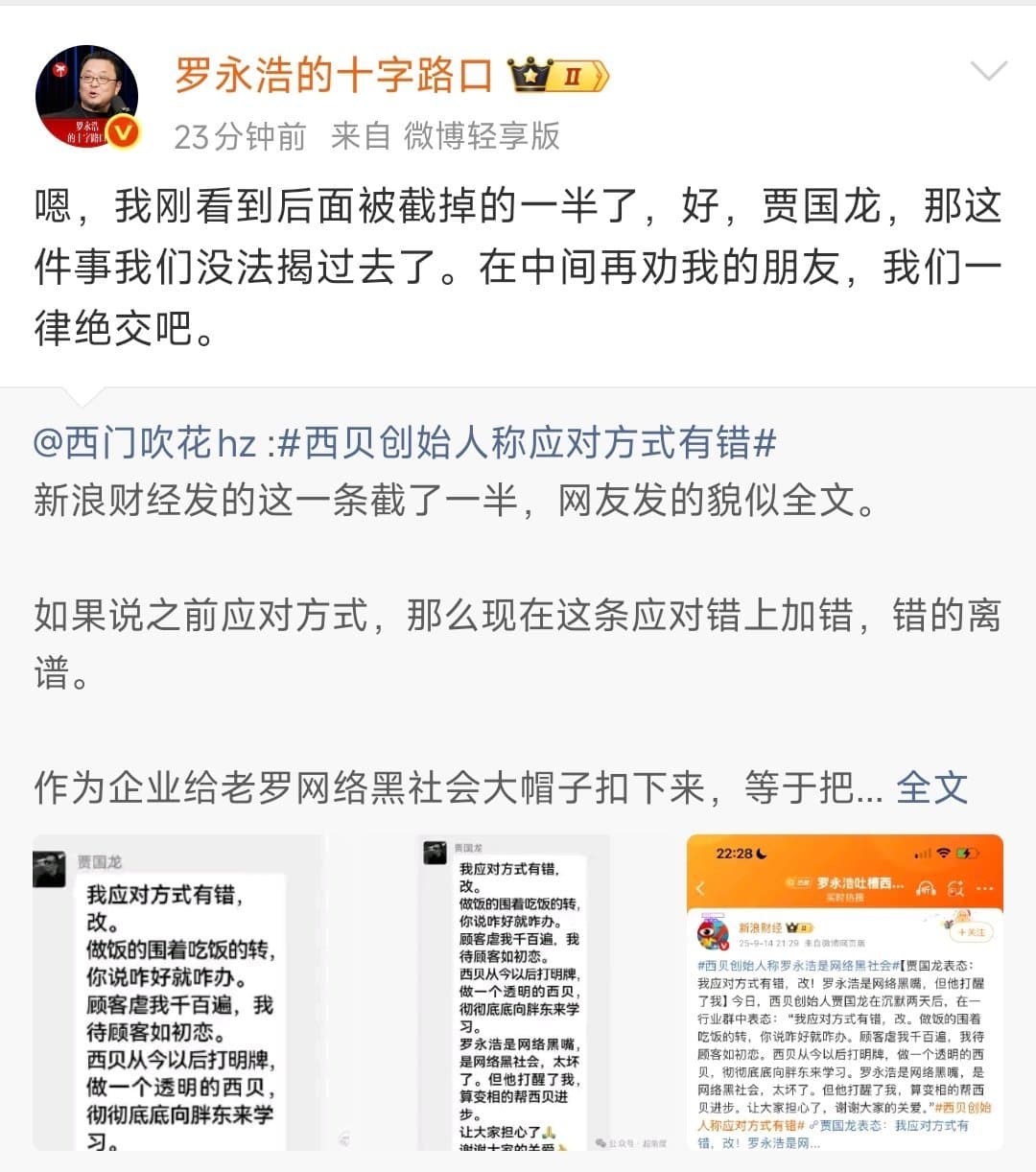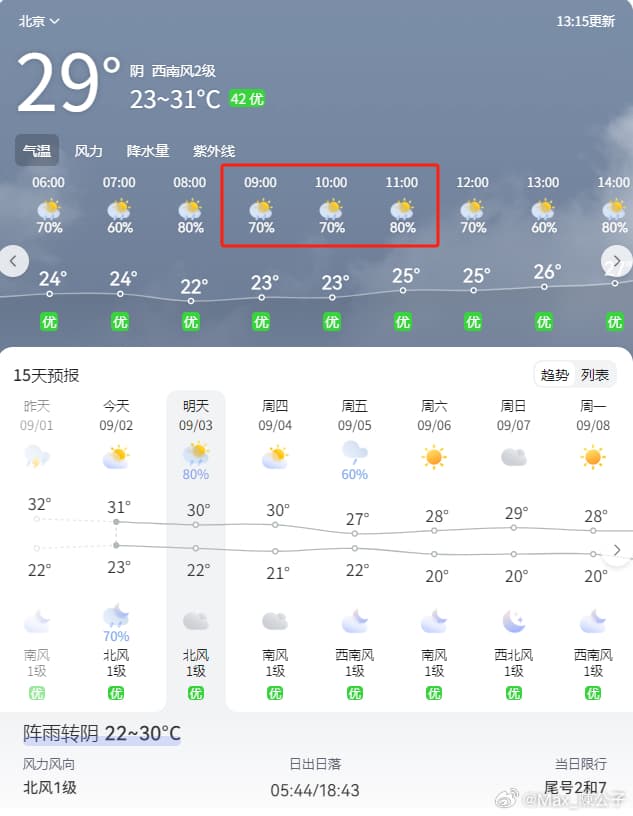French Prime Minister Proposes Four-Day Workweek: Weibo Netizens Weigh In
In the latest news tea from China, French Prime Minister Gabriel Attal has sparked a fierce debate among Weibo netizens with his recent announcement to test a four-day workweek in government departments. This bold move has been met with mixed reactions, with users expressing everything from cautious optimism to outright skepticism.

2 February 2024
The news was first reported on January 30, when Attal announced that he has asked government ministers to explore the possibility of the four-day workweek without reducing the overall working hours. This idea, according to Attal, is aimed at studying the potential shift in labor patterns. However, like any major policy change, it has understandably sparked concerns among the public, given the current lack of enforcement surrounding existing labor laws in most industries, particularly in France.
A user quickly chimed in, saying, "Let's first make sure the eight-hour workday and the two-day weekend are strictly enforced as per the law," highlighting the existing disconnect between policy and reality in the French labor market. Another user echoed similar sentiments, stating that while some sectors like government jobs usually have a good work-life balance, most private sector employees often experience long hours and frequent overtime, often without additional compensation.
Adding fuel to the fire, a political meme circulated on Weibo, which translates to, "The rich can use money to gain more. But when the poor save their money, they only lose more." This highlights the broader problem of economic inequality and the role of social policies in addressing it.
Other users, however, also expressed their optimism, with one user saying, "I am willing to work five days with the same workload if we can truly have rest during our off-duty hours." Another user humorously misread the news as "You are willing to pack Mayday into Aprilday?" demonstrating that even in the face of serious policy discussions, a dash of humor can be expected among the Weibo crowd.
The controversy surrounding the four-day workweek has also led to some criticism directed at the French government. One user sarcastically commented, "They have a short workweek, but they still earn a lot of money. Do you envy them?" Others called for a focus on existing policies, demanding that the government first ensure proper enforcement of existing labor laws before proposing yet another ambitious plan.
Furthermore, some users shared their personal experiences, which often revolve around the issue of "compulsory" overtime, with one user saying, "I have had no rest for 13 days, working from my regular job to my part-time job." Another user expressed frustration at the current system of "compensatory rest days" in lieu of overtime pay, arguing that they often end up working straight for weeks instead of getting any real rest.
And, of course, the issue of "调休" or "compensatory rest days" cannot be ignored. One user sarcastically asked, "Has the concept of regular days off been implemented? Has everyone gotten a five-day workweek and two-day weekend?" demonstrating the deeply ingrained culture of overtime and the need for a fundamental change in attitudes towards work-life balance.
In a demonstration of the lighter side of Weibo, one user humorously misread the tweet as "你愿意把五月天浓缩成四月天吗", which translates to "Are you willing to pack Mayday into Aprilday?" a pun on the popular Taiwanese rock band's name.
Despite the diverse range of reactions, users seemed to generally agree that improving work-life balance should be a priority for the government. One user expressed their willingness to work five days with the same workload as long as they could truly enjoy rest during their off-duty hours, while another user humorously remarked, "I am ready for a four-day workweek, just as long as I get paid for the fifth day."
In conclusion, the idea of a four-day workweek has ignited a stimulating debate on the Chinese social media platform Weibo. While some users express cautious optimism about the potential benefits of this change, others remain skeptical, citing the existing gaps in labor laws enforcement and the culture of overtime as barriers to its successful implementation. As the French government moves forward with its plan, it will have to navigate these concerns and ensure that the shift towards a four-day workweek is not merely symbolic, but genuinely beneficial for all workers.



